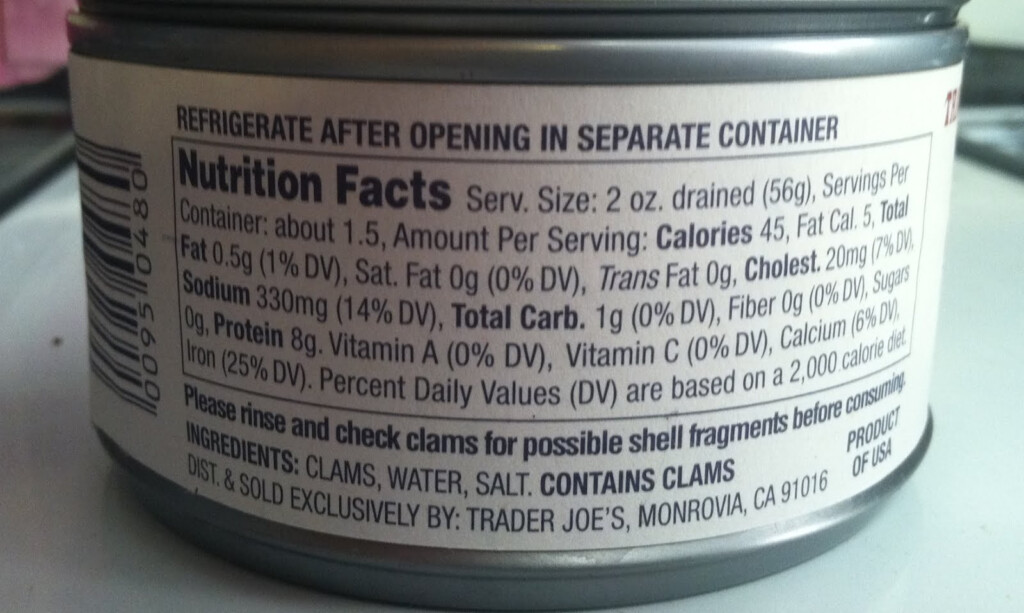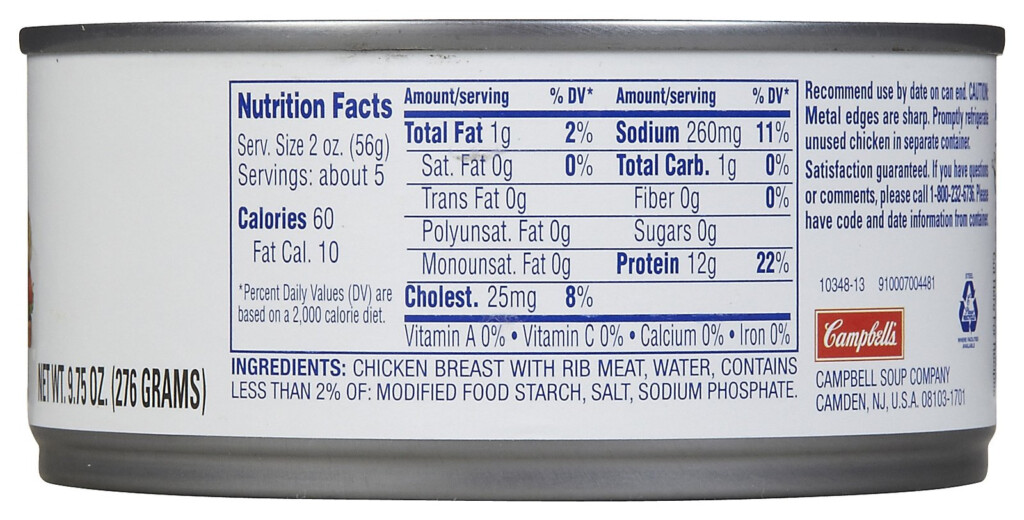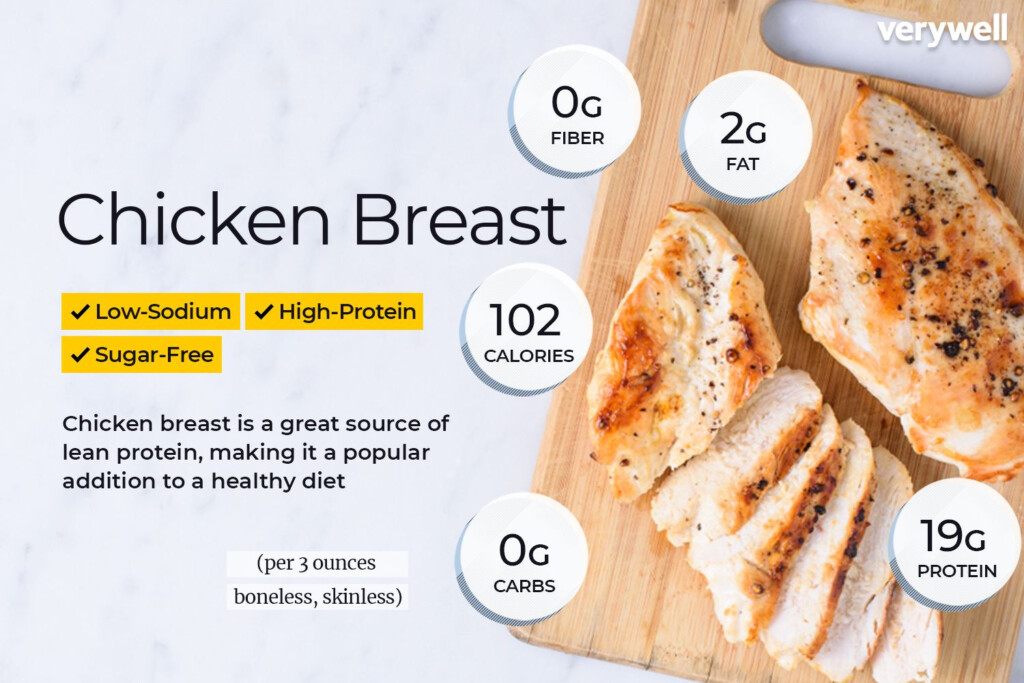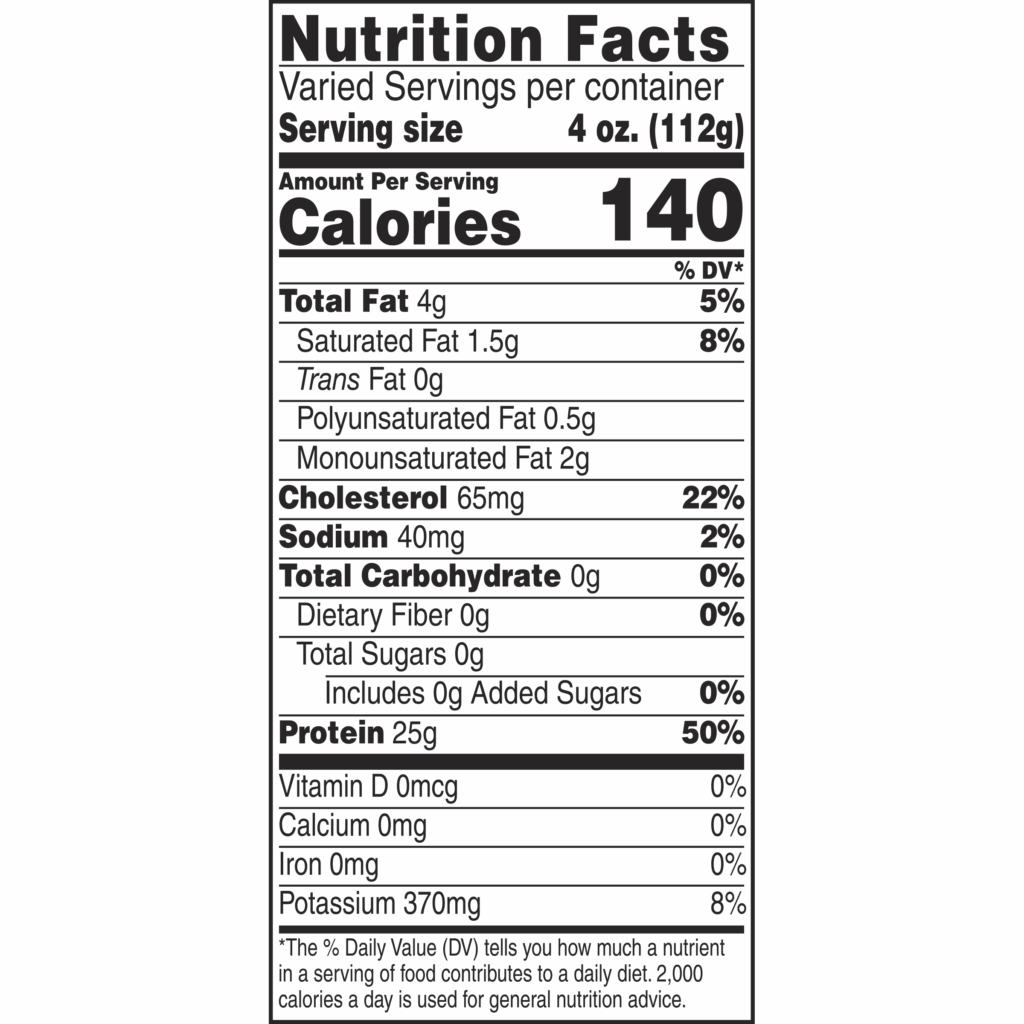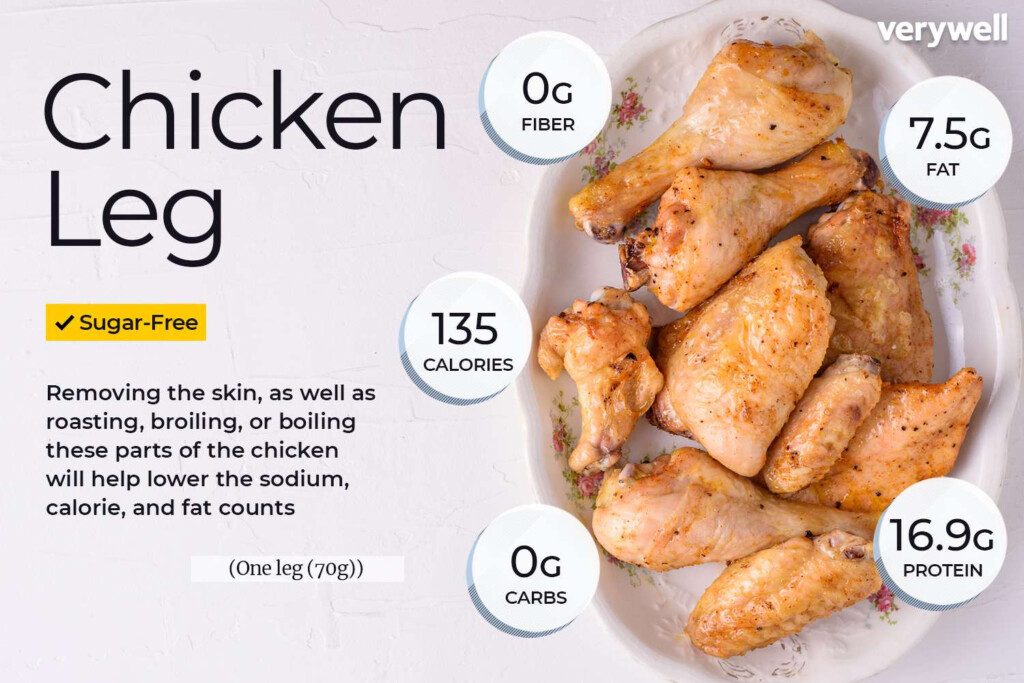Chicken is a popular protein source that is not only delicious but also packed with essential nutrients that are beneficial for overall health. Understanding the nutritional value of chicken can help you make informed decisions about your diet and ensure you are getting the necessary nutrients your body needs to function properly.
Chicken is a lean protein, meaning it is low in fat and calories but high in quality protein. It is also a good source of various vitamins and minerals, including vitamin B6, vitamin B12, zinc, and iron. These nutrients play vital roles in maintaining healthy skin, hair, and nails, as well as supporting immune function and energy production.
Chicken Nutrition Information
Chicken Nutrition Facts
One skinless, boneless chicken breast (approximately 3 ounces) contains roughly 165 calories, 31 grams of protein, and 3.6 grams of fat. It also provides 0 grams of carbohydrates, making it an excellent choice for those following a low-carb diet. Additionally, chicken is a complete protein, meaning it contains all nine essential amino acids that the body cannot produce on its own.
When it comes to micronutrients, chicken is a good source of niacin, a B vitamin that plays a crucial role in metabolism and DNA repair. It also contains selenium, a powerful antioxidant that helps protect cells from damage caused by free radicals. Furthermore, chicken is rich in phosphorus, an essential mineral that is important for bone health and energy production.
Health Benefits of Chicken
Incorporating chicken into your diet can have numerous health benefits. The high protein content in chicken can help support muscle growth and repair, making it an ideal food choice for athletes and fitness enthusiasts. Additionally, the vitamins and minerals found in chicken can help boost immune function, promote healthy skin, and support overall well-being.
It is important to note that the nutritional value of chicken can vary depending on how it is prepared. Opt for grilled, baked, or roasted chicken over fried or breaded options to keep the calorie and fat content in check. Pairing chicken with a variety of colorful vegetables and whole grains can further enhance its nutritional value and provide a well-rounded meal that is both tasty and nutritious.
By understanding the nutritional value of chicken and incorporating it into a balanced diet, you can enjoy its delicious taste while reaping the health benefits it has to offer. Make sure to include chicken in your meal planning to ensure you are getting the essential nutrients your body needs to thrive.
Download Chicken Nutrition Information
Canned Chicken Nutrition
Recipe Of Chicken Breast Nutrition Data
Recipe Of Chicken Breast Nutrition Data
Chicken Nutrition Facts And Health Benefits 55 OFF
